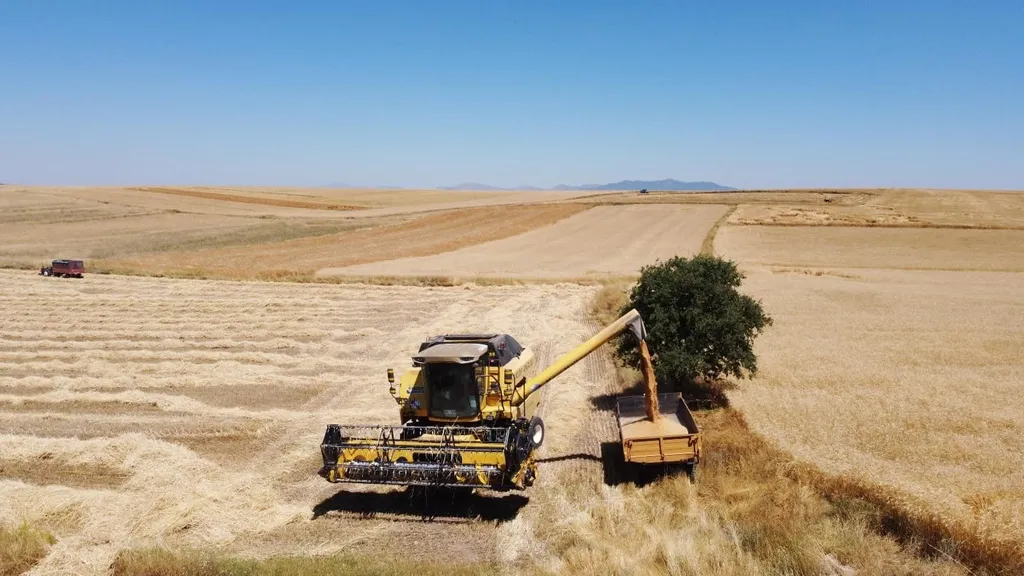In the rapidly evolving world of agriculture, digital technologies are proving to be a game-changer, and new research is shedding light on how these innovations are influencing global agricultural exports. A recent study published in the Turkish Journal of Agriculture: Food Science and Technology, translated from Turkish as ‘Turkish Journal of Agriculture: Food Science and Technology’, led by Nebi Seren from Bursa Uludag University, offers compelling insights into the correlation between digital agriculture research and export outcomes.
The study, titled “Linking Digital Agriculture Research and Export Outcomes: A Comparative Bibliometric Analysis of Production and Marketing Dimensions (2020–2024),” takes a unique approach by analyzing the use of digital technologies in agriculture from two distinct perspectives: production and marketing. Seren and his team delved into the Scopus database, identifying publications that explored digital technologies in agricultural production and marketing. They then correlated this data with export information from the OECD databases to uncover the interactions between agriculture, digital technologies, production, and marketing.
The findings are striking. The research revealed a statistically significant and strong positive relationship between the average agricultural export volumes for 2020-2024 and the number of scientific publications containing the terms agriculture, digital technologies, and production. The Pearson correlation coefficient was calculated at r = 0.813, with a significance level of p = 0.004. When the team conducted a similar analysis with publications containing agriculture, digital technologies, and marketing terms, the Pearson correlation coefficient soared to r = 0.958, with a significance level of p < 0.001."This indicates that countries producing more academic output in agriculture, particularly those focusing on both production and marketing, tend to have higher export performance in the agricultural sector," Seren explained. "There may be a significant relationship between academic productivity and economic output in international agricultural trade."The implications of this research are far-reaching. For countries looking to boost their agricultural exports, investing in digital agriculture technologies and fostering academic research in this field could be key strategies. The study suggests that academic productivity in agriculture, especially when it bridges the gap between production and marketing, can drive economic growth and enhance global competitiveness.As the world continues to grapple with food security challenges and the need for sustainable agricultural practices, digital technologies offer promising solutions. From precision farming and smart irrigation to blockchain-based supply chain management, these innovations are transforming the agricultural landscape. The research by Seren and his team underscores the importance of continued investment in these technologies and the academic research that supports them.In the words of Seren, "The future of agriculture lies in our ability to harness the power of digital technologies and translate that knowledge into economic gains. This study is a step towards understanding how we can achieve that."As the agricultural sector continues to evolve, the insights from this research will be invaluable for policymakers, researchers, and industry leaders. By linking digital agriculture research to export outcomes, the study provides a roadmap for countries to enhance their agricultural trade performance and contribute to a more sustainable and food-secure future.

